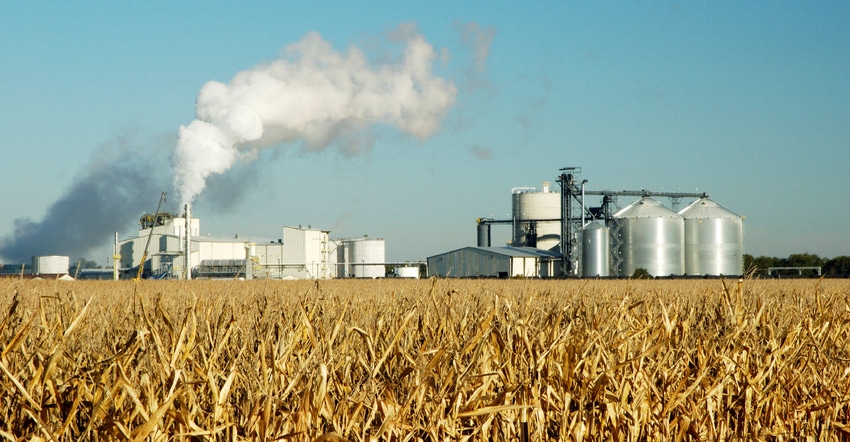U.S. Grains Council and Growth Energy submit comments in support of 15% renewable fuel content in gasoline use by 2025.

This week, Growth Energy and the U.S. Grains Council (USGC) jointly submitted comments to the Canadian province of Ontario supporting the expansion of biofuel blending under the Made-in-Ontario Environment Plan. The comments applaud Ontario's commitment to implementing a 15% renewable content in gasoline by 2025 and highlight the retail success of 15% ethanol-blended fuel, or E15.
"For decades now, North American farmers and ethanol producers have continued to benefit from tariff-free borders," the comments noted. "With an existing North American supply chain, Ontario can rest assured that the increase in demand from a move to 15% ethanol will be met by this vibrant marketplace. Collectively, the North American industry is poised to assist Ontario [in attaining] its ambitious climate goals and to support this ambitious provincial move."
The comments also thanked Ontario's Ministry of the Environment for taking into consideration previously submitted comments, from 2017 and 2018, on the environmental benefits of higher level ethanol blends, such as E15, in the plan. Doing so offers environmental and economic benefits to the people of Ontario and will help Canada achieve its long-term climate goals.
"We appreciate the ministry taking our previous comments of March 2017 and January 2018 into account and strongly support the proposal to increase the ethanol content of gasoline to 15% by 2025. As we noted in our earlier comments, increasing ethanol concentrations in fuel presents tremendous benefits to the public in the form of lower GHG [greenhouse gas] emissions, lower levels of other pollutants, improved fuel properties (cleaner and cooler burning) and economic benefits to Canada’s critical agricultural economy," Growth Energy and USGC said.
The comments noted that the U.S. Department of Energy’s Oak Ridge National Laboratory performed extensive study and analysis of mid-level ethanol blends including E15 on engine emission systems. “In fact, Oak Ridge ran 82 vehicles for 6 million miles before concluding that 'ethanol blends did not affect emissions changes over time differently than aging with ethanol-free gasoline' and that the use of ethanol blends resulted in reductions in carbon monoxide and non-methane hydrocarbons,” the comments pointed out.
“Americans have also now logged more than 7 billion consumer miles on E15 with no reports whatsoever of engine issues,” the comments added. “It is clear that North American automobiles are already poised and ready for the continued expansion of E15.”
Also, the comments noted that Canada’s Department of Natural Resources studied the deployment of mid-level ethanol blends in 2017 and found evidence suggesting that these blends "offer an opportunity to improve Canada’s trade balance, enable the necessary improvements to gasoline internal combustion engine efficiency by raising octane levels and to reduce life-cycle GHG emissions in accordance with Canada’s commitments under the International Paris Accord.”
The groups concluded that the proposal substantially advances Ontario’s goals of reducing the carbon intensity of its gasoline supply through greater ethanol blending. “The proposal is achievable and promises real GHG benefits while still supporting consumer choice and ensuring compliance flexibility and transparency for regulated parties,” the Growth Energy/USGC comments noted.
About the Author(s)
You May Also Like



.png?width=300&auto=webp&quality=80&disable=upscale)

